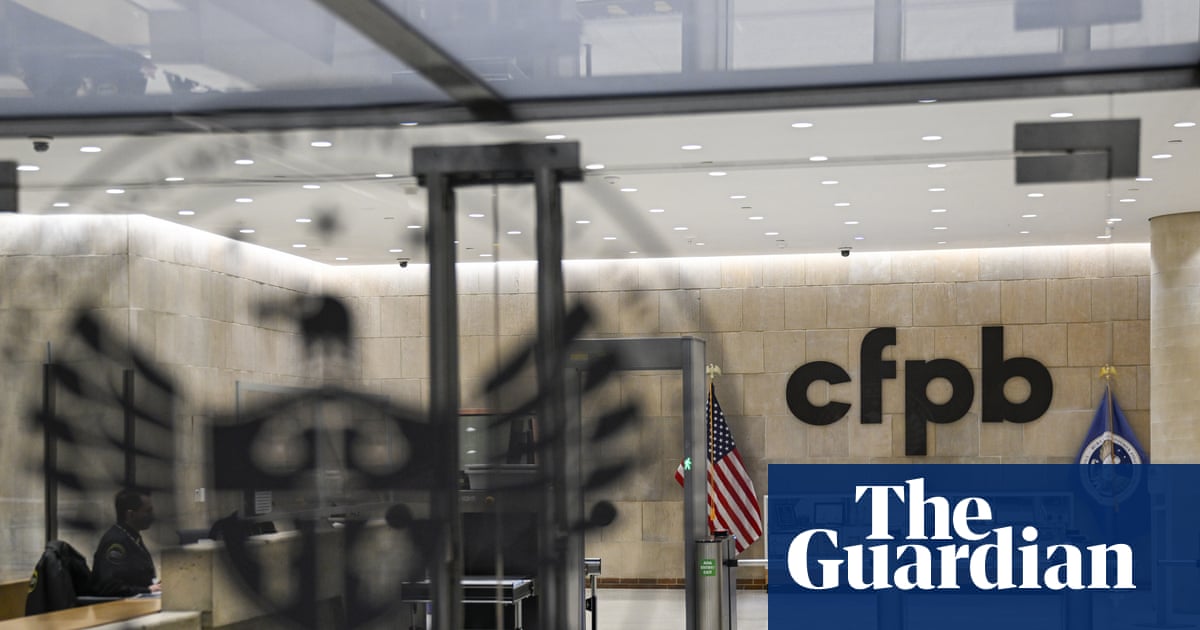The Swiss stock market has plunged, the cabinet has been holding emergency talks and President Karin Keller-Sutter has been accused of mishandling a vital phone call with the White House after Donald Trump hit the country with a shock 39% export tariff.
Switzerland, home to some of the world’s best-known luxury brands, was left stunned after the US president on Friday imposed one of the highest tariff rates in his global trade reset. Industry associations warned that tens of thousands of jobs were at risk.
Local media had reported that after three months of talks, negotiators believed they had secured a 10% tariff on exports to the US, an important market for Swiss products such as luxury watches, jewellery and chocolate but also machinery and pharmaceuticals.
But after a 30-minute call with Keller-Sutter on Thursday evening variously described as “bad-tempered”, “disastrous” and “badly misjudged”, Trump imposed a levy even higher than the 31% he had announced on his so-called liberation day in April.
Switzerland’s blue-chip stock market index opened 1.8% lower on Monday, the first day of trading since the tariff announcement on Swiss National Day, a public holiday. The cabinet was due to meet later to discuss its next steps.
Swiss officials rejected reports that the 39% rate was imposed because of the call between Trump and Keller-Sutter, the finance minister and current president under the country’s rotating system. “The call was not a success,” a government source said.
“There was not a good outcome for Switzerland, But there was not a quarrel. Trump made it clear from the very beginning that he had a completely different point of view, that 10% tariffs were not enough,” the source told Reuters.
Swiss media were less forgiving. “Faced with Trump, Keller-Sutter was surely too naive”, was the headline in the tabloid Blick, while 24 Heures said what should have been her “masterpiece” ended up as “the heaviest defeat of her political career”.
The rate would have a huge impact on Switzerland’s export-oriented economy and could spark a recession, said Hans Gersbach, an economist at ETH Zürich university, especially if pharmaceuticals, which are not covered, were included.
Swiss companies, whose exports to the US account for about one-sixth of their total foreign sales, face one of the steepest US duties — only Laos, Myanmar and Syria had higher figures, at 40-41%. The EU and the UK negotiated 15% and 10% respectively.
The business minister, Guy Parmelin, told RTS public radio on Monday that the government needed to “fully understand what happened, why the US president made this decision. Once we have that on the table, we can decide how to proceed.”
after newsletter promotion
Parmelin said Bern would move fast, revise its offer and “hope to achieve something” by 7 August, when the tariffs were due to come into effect. He and Keller-Sutter were ready to travel to Washington for further talks if necessary, he added.
The business minister said Trump was focused on the US trade deficit with Switzerland, which was Sfr38.5bn last year. The country could offer to buy more US liquefied natural gas, as the EU had done, or Swiss companies could invest more in the US, he said.
Keller-Sutter said on Friday that Bern would keep talking to Washington but there were only limited concessions it could offer, as US imports already enjoyed 99.3% free market access and multiple Swiss companies had invested heavily in the US.
Analysts have said tariffs could still change at any moment due to the unpredictability of the Trump administration, with several suggesting their base case remained that Switzerland would eventually end up with a rate similar to that of the EU’s.
Source link


